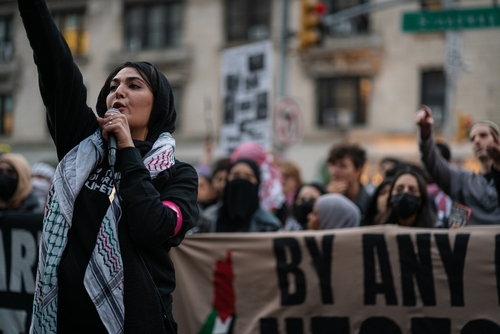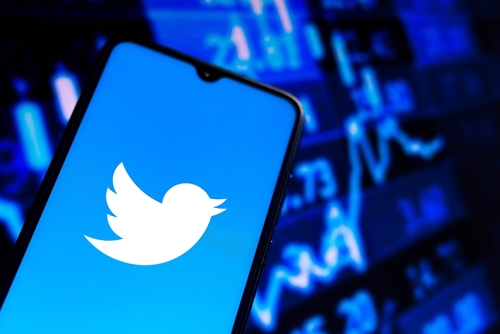
Joe Rogan Reacts To ‘Am I Racist’
Matt Walsh, host at Daily Wire and star of the comedy hit “Am I Racist?,” appeared on “The Joe Rogan Experience” on Wednesday to discuss the film and his views on DEI advocates.
Rogan kicked off the conversation by praising the film, sharing, “Your movie is really funny. It’s really funny. By myself, laughing out loud hysterically today… It’s one of the best comedies I’ve seen in a long time because there are so many moments in it that are so uncomfortable.”
The conversation quickly turned to the viral scene with Robin DiAngelo, author of “White Fragility,” in which she hands out reparations to a black producer. Walsh noted that while they hoped to feature DiAngelo, he doubted they would succeed, thinking she would be “savvy and cautious” about whom she engaged with. “But apparently she has no idea what’s happening outside her bubble at all,” he remarked.
Walsh elaborated on the lengthy interview with DiAngelo, stating it involved him repeating her ideas back to her to prove he was a “safe” person.
Rogan brought up Elon Musk’s commentary about the “woke” Left allowing “really mean people” to mask their behavior with ideology. Walsh agreed, criticizing the notion that the internet isn’t “real.” “That’s why I hate when people say, ‘Well, Twitter isn’t real life.’… but it actually is real life because these are human beings.”
When discussing the high fees charged by people featured in the film, Walsh explained, “Part of the point of the movie is, that’s why we put the price tags on the screen – we want people to see how absurd it is.”
They also talked about changes in race relations over the years, with Rogan noting a shift around 2012. “BLM came into formation in 2013,” Walsh observed, noting that improvements in race relations had seemed to stall. “It’s not a coincidence that it seemed like race relations were improving decade after decade,” he said, adding that many felt it was odd that race riots reemerged after electing a black president.
“The race hustlers don’t want us to draw that conclusion,” he said, referencing the rise of BLM and “microaggressions.”
Rogan likened the actions of some activists to religion, drawing a parallel to the Taliban’s destruction of ancient statues. “They destroyed things that were a part of human history… because they didn’t go along with their religious ideology,” he said. Walsh agreed, highlighting the folly of judging historical figures by modern standards.
Later, Rogan recalled how his children’s school pushed them to be “anti-racist,” questioning the appropriateness of that expectation for young kids. “Six-year-olds don’t give a f*** what color somebody is,” he remarked.
Walsh noted the different reactions people have to being labeled racist, saying he’s accustomed to it, while others fear it greatly.
As the conversation neared its end, Rogan described Walsh’s visit to a support group in the film as a “struggle session,” emphasizing the echo chamber mentality of such groups. “It’s like, ‘who are you?’… what is going on in your life that you’ve been exposed to this version of the world that seems so ridiculous to someone that’s not in that bubble?”




